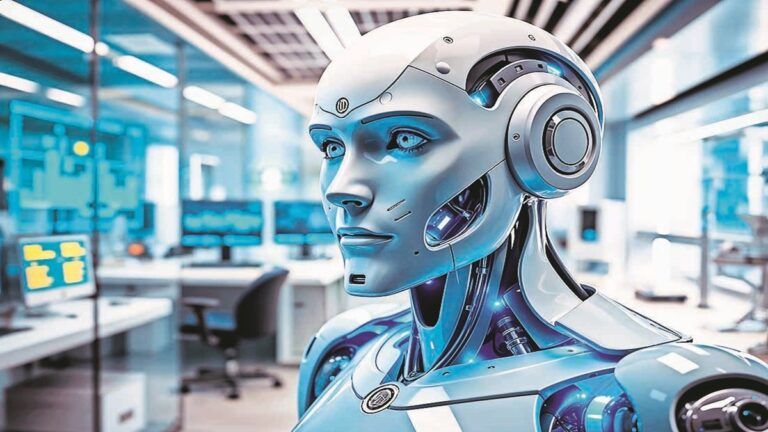By Uma Ganesh
Agentic AI has been considered one of the key trends that will shape the generative AI space for 2025. Its applications support workflows and improve productivity across various industries. Agentic AI is a paradigm shift in advanced AI system, capable of acting autonomously, adapting in real-time to dynamic environments, and solving problems in multiple steps.
Agentic AI is being implemented in various industries. Autonomous vehicles like Tesla exploit it for navigation, traffic management and obstacle avoidance. In financial services industryAlgorithmic trading robots are capable of making real-time decisions related to buying/selling stocks. Banks like HDFC Bank, SBI and others use agentic AI systems for autonomous fraud detection and prevention; Lenders such as Razorpay expedite loan approvals based on their knowledge of customer profiles and their risk assessment.
Virtual assistants are getting smarter by the day, moving beyond reactive responses to proactive searches and making recommendations. Netflix offers entertainment options based on its agentic AI’s capabilities to analyze past purchasing habits and customer preferences. Robotics has also been enriched by agentic AI. NASA Rovers and ISRO Pragyan navigate in space, collect and analyze data independently.
Amazon And Flipkart have been at the forefront of agentic AI by making periodic product purchase recommendations based on various customer actions and preferences. Many learning platforms are able to improve productivity through agentic AI grading tasks and personalized recommendations to learners. Skills Alpha is an example of an agentic AI platform that enables young people to identify their skills gaps and supports them with personalized learning pathways and career opportunities. Renewable energy systems use agentic AI to autonomously monitor and optimize the performance of solar and wind energy installations.
In the future, agentic AI will drive further advances in space missions, enabling collaboration between humans and robots through swarm intelligence and even supporting the elderly through humanoid robots. Personalization could become increasingly granular with dynamic investment advice based on individuals’ risk profiles and medical care and treatment based on the cutting-edge data leveraged. lifestyle and factors related to genetics. Although the possibilities are vast and exciting, questions remain about ethics and regulatory frameworks.
All AI models are based on algorithms. How to ensure that bias is minimized and fair outcomes are achieved is the question that remains a matter of concern. Preventing the misuse and loss of control of agentic AI systems requires special attention, as was the case during the Rohingya crisis, who were negatively impacted by social media algorithms spreading disinformation, forcing many people to flee Myanmar. Therefore, alongside technological advancements, it is important for stakeholders to urgently define the charter and ethical role of agentic AI.
The writer is president of Global Talent Track.
Disclaimer: Views expressed are personal and do not reflect the official position or policy of FinancialExpress.com. Reproduction of this content without authorization is prohibited.






